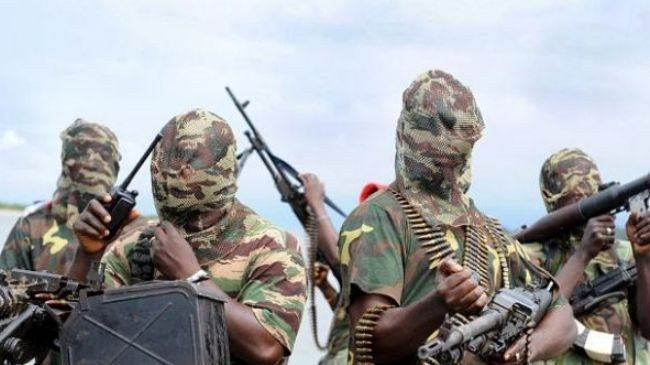UK and US Target al-Qaida 'Narco-Terrorism' Drug Routes in West Africa
Covert mission aims to combat trans-Saharan drug route which helps fund terrorist groups.

Britain and the US are targeting the West African drug trade in a bid to prevent al-Qaida from receiving funding from the sale of cocaine smuggled into the UK.
An investigation launched by The Sunday Times revealed that Britain and the US and waging a covert war on the "narco-terrorism" route in the region, which is suspected of helping to finance al-Qaida in the Islamic Maghreb (Aqim), which invaded Mali last year.
Aqim, which recently declared its allegiance to Isis, is believed to receive vast sums of money by smugglers to ensure the safe passage of cocaine across the Sahara. Intelligence reports suggests this money was used to purchase weapons used in the Mali insurgency.
The drug money is also suspected of funding other militant groups, such as the Lebanese organisation Hezbollah and Boko Haram, which abducted more than 200 schoolgirls in Nigeria on 14 April.
The UK's National Crime Agency has trebled the number of anti-drug agents in West Africa over the past four years, with units operating in Nigeria, Togo, Ghana and Senegal. Meanwhile, the US has doubled the number of agents present, including undercover specialists, since 2010.
As part of the initiative, intelligence and training will also be provided to local West African forces.
Timothy Isaac, of Nigeria's National Drug Law Enforcement Agency's naval force, said UK intelligence assisted with a recent seizure of 450kg of cocaine from a container ship, worth an estimated £18.9m on British streets.
According to the United Nations Office on Drugs and Crime, between 2004 and 2007, at least two distinct trans-shipment hubs emerged in West Africa: one located in Guinea-Bissau and Guinea, and one centred on the Bight of Benin, which spans from Nigeria to Ghana.
The 2014 Global Drugs Survey found that one in three of Britons, mostly young, middle class and well-educated, havw taken cocaine in the previous year.
© Copyright IBTimes 2025. All rights reserved.





















